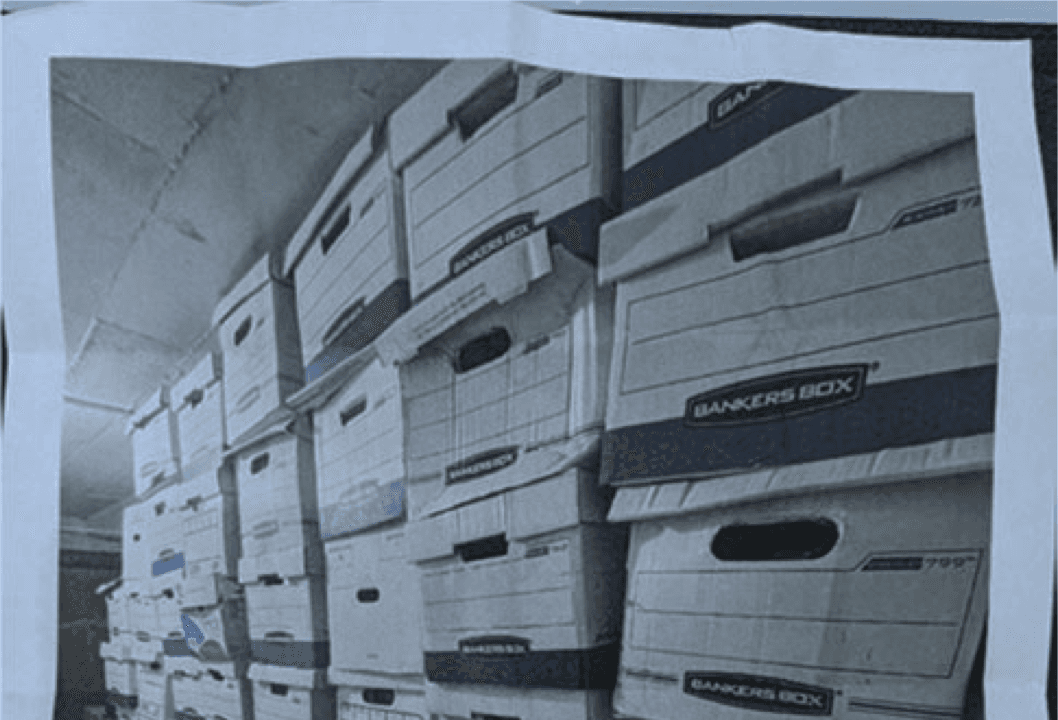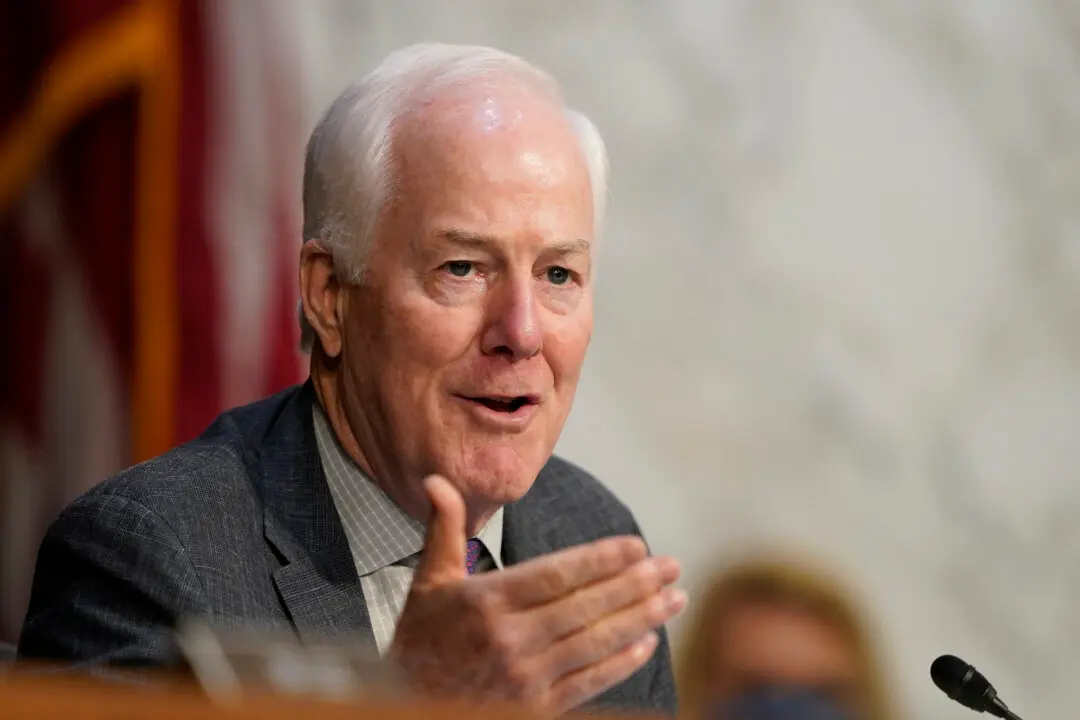Newly unsealed court filings reveal that a total of eight search warrants were used to gather information in the classified records case against former President Donald Trump and his aide.
Previously, the public knew about just one of those search warrants, the one that was used to raid Mr. Trump’s home at Mar-a-Lago, Florida, on Aug. 8, 2022. A judge released a redacted (blacked-out) version of that record shortly after Mr. Trump revealed its existence last year.
But federal court records made public on July 25 show that authorities used seven additional search warrants in the investigation. The contents of those search warrants remain sealed, along with their accompanying affidavits–sworn statements justifying reasons for the searches.
In addition, the government released a less-redacted version of the original Mar-a-Lago affidavit, including a newly revealed photo of about 61 document boxes stacked in a storage room at the former president’s residence.The newly disclosed information sheds more light on the extent of the government’s probe of Mr. Trump. The documents also reveal that the Department of Justice (DOJ) is asserting that additional precautions are needed to ensure the safety of witnesses and others tied to the case.
“These concerns are particularly acute in this extraordinarily high-profile case in which law-enforcement personnel have already been targeted,” DOJ lawyers wrote.
No further details about that allegation are divulged in a 13-page, partially redacted court filing that the DOJ wrote in a filing (pdf) that was written June 30 and was unsealed July 25.





